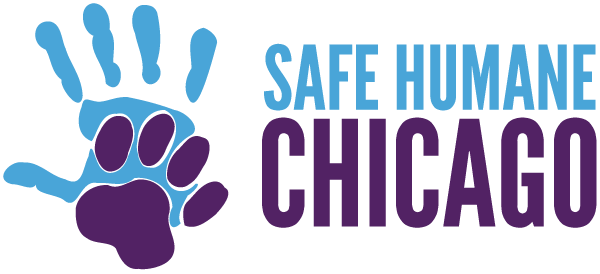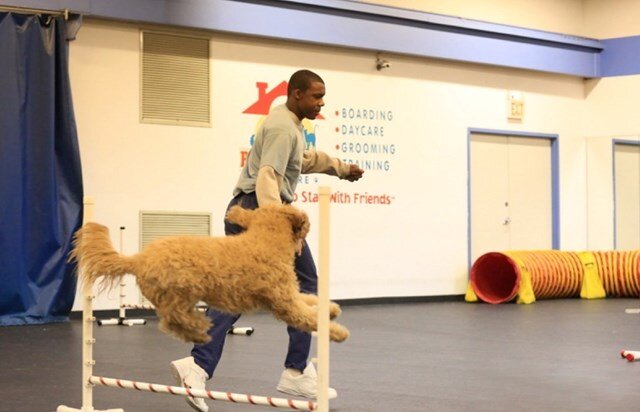A new leash on life
Rescue is taking on a whole new meaning for dogs left behind and some of the teens in the Illinois juvenile justice system. Innovative programs created and managed by Safe Humane Chicago with support from Best Friends Animal Society and LUSH Cosmetics are working to connect teen offenders with dogs abandoned in the system for various reasons.
Studies have shown there is a direct connection between violence to animals and domestic violence and other abuse. Safe Humane Chicago is working to change that cycle by working with teens incarcerated at the Illinois Youth Center (IYC) - Chicago through the Lifetime Bonds Program.
Many of the young men in the program lack positive experiences with animals, and most have witnessed dog fighting or other animal abuse, possibly participating in both.Through the Lifetime Bonds program, Safe Humane works to change that relationship with these young men and dogs starting from square one.
“Our number one goal is for these young men to connect positively with the animals – and, as a result, the people – in the program,” says Kyla Page, manager of programs for Safe Humane Chicago. “Because of their backgrounds, it’s important to work with these young men to build trust and get them to think more positively about dogs. We start by bringing our own trained dogs to work with them on learning to communicate positively.”
In the course of the three-month program, the teens move on to work with shelter dogs. Dogs from Chicago Canine Rescue Foundation are brought to IYC to work with the teens on basic training, helping improve their chances for successful adoptions. They also take a field trip to Windy City K9 Club to see dogs at play in a positive, stimulating environment and to practice agility themselves, thereby giving them positive, beneficial activities to replace negative, harmful ones they have been exposed to.
The IYC teens also go on a field trip to Chicago’s Animal Care and Control. They get an up-close view of all the animals left behind in Chicago – whether they are owner surrenders, strays or brought in as part of a criminal investigation.
“The first time we bring teens into Chicago Animal Care and Control, they are amazed at the number of homeless animals,” says Page. “It gives us a chance to drive home the importance of spaying or neutering your pet. But, what really makes an impact is that these dogs are in their own cell, much like many of the youth feel they are, and they need a second chance. That hits home for so many of these young men.”



